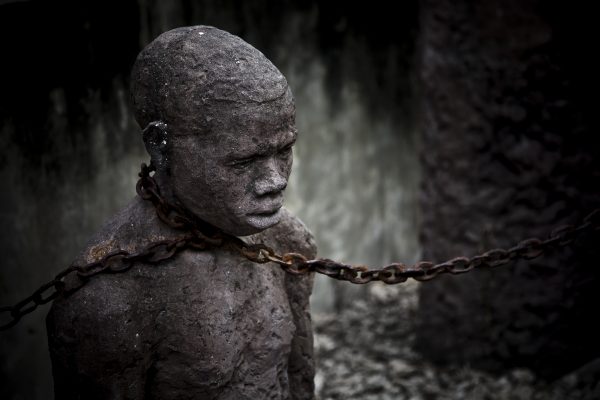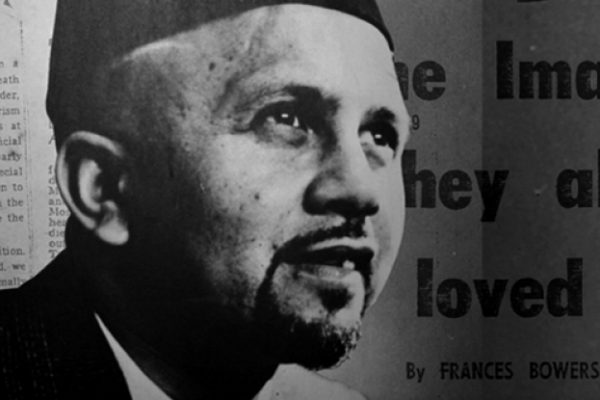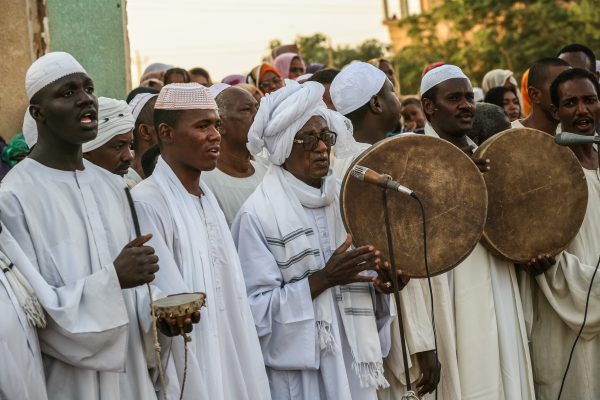“All terrorism is ultimately local. It is rooted in local history, marginalisation, in poor governance, lack of opportunity, mobilisation and leadership.”
“All terrorism is ultimately local. It is rooted in local history, marginalisation, in poor governance, lack of opportunity, mobilisation and leadership.”
Africa has been ignored when it comes to terrorist attacks. Coverage in the mainstream media regarding terrorism in Africa is not seen as important as Europe, despite the fact that the continent of Africa has experienced more terror attempts than any other continent. This comes as the African country of Nigeria being the most at risk from terrorism after Middle Eastern countries, with the country seeing an upsurge in terrorism from 2013 onward. (Kirk, 2016)
Despite the increase in terrorist attacks worldwide, Africa itself has seen several extremist groups with both Islamist and Christian fundamentalist ideology such as Boko Haram, Al Shabab and Lord’s Resistance Army. (Rosenzweig, n.d.) But what is it that drives such terrorist organisations in Africa as it has an entirely different political climate to the Middle East thus it cannot be the exact same reasoning behind terrorist activity as the Middle Eastern region. Usually, when it comes to the root cause of extremism, religious ideology is quick to be pointed out as the only root cause, without social and economic factors being taken into consideration.
Also, Africa is not known in mainstream media as a victim of terrorism the way the West is a known target for terror groups such as Islamic State (ISIS) which they claim is due to the foreign intervention in Eastern countries. (Bloodworth, 2014) So then, what about Africa? How did extremism prevail in Africa?
One of the reasons for the cause of terrorism in Africa may be due to poverty and marginalisation of minorities, as seen with Egyptian Bedouins, whereby a group of them joined ISIS after feeling marginalised by their government for decades. Research has found that minorities groups who feel marginalised and are discriminated against, tend to get attracted towards extremism and are more susceptible to radicalization. (Lyons-Padilla, 2015) As people feel subjugated to discrimination and lack of privilege for years, they tend to resort to violence as they see it as the only way that they can be heard and get their rights.
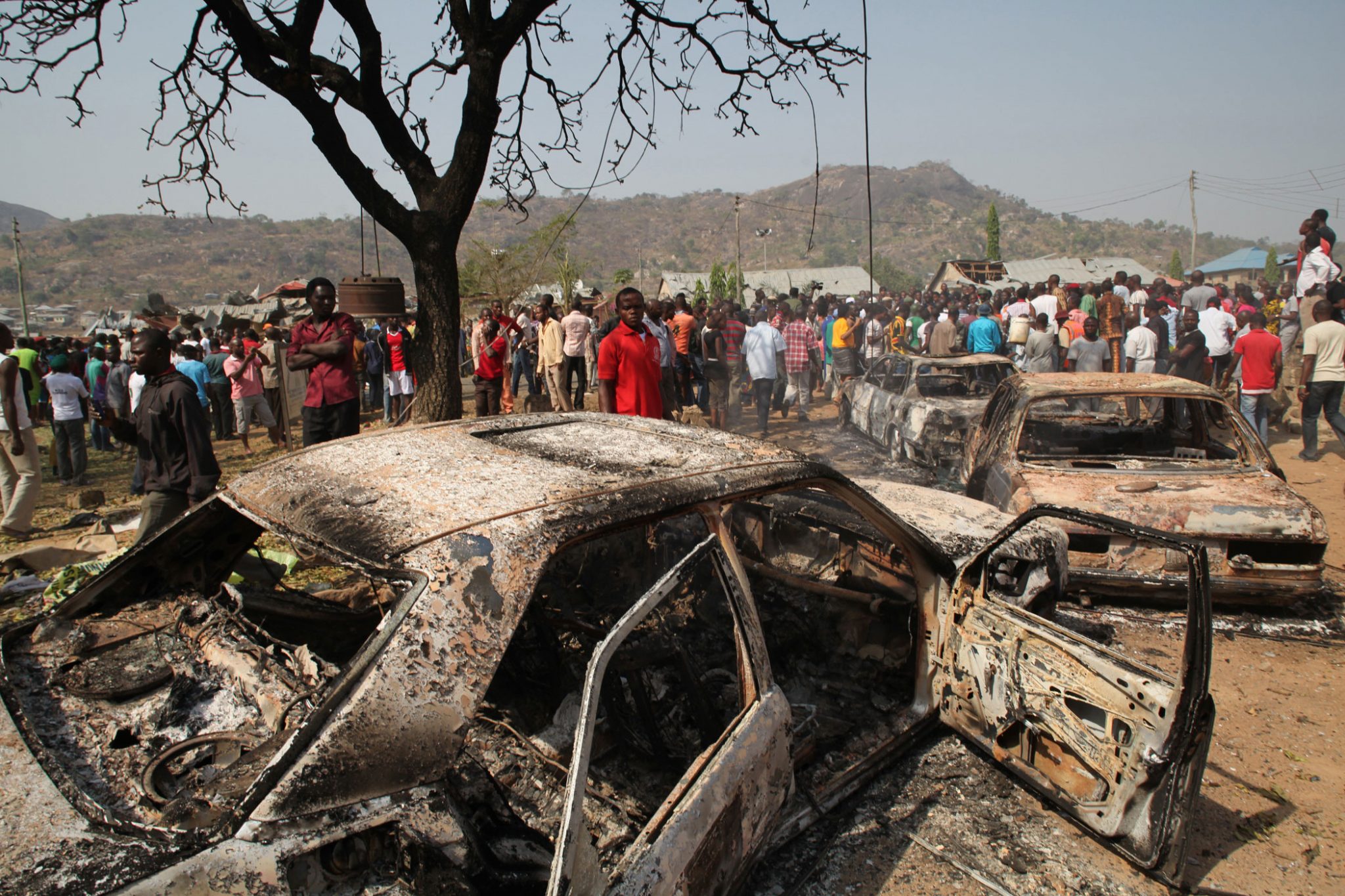
Moreover, many times it is the lack of jobs and money that may attract people into joining extremist organisations as observed with Bedouins in Egypt. This has also been a factor with terror group Boko Haram in Nigeria as a lot of poor Muslim families decided to link themselves with Boko Haram due to feeling marginalised by the predominantly Christian country and leaving in more rural areas than their Christian counterparts. This led to the formation of Boko Haram, as they felt left out of Nigeria’s immense wealth deriving from oil and minerals, which was being exploited by the elite few. (BBC, 2016)
However, these are not the only reasons for terrorism in Africa. Foreign intervention in African and Middle Eastern countries has also played a role in pushing radicalism to release its beast. Kenya experienced the Westgate mall attacks in its capital Nairobi by a Somalian extremists group known as Al Shabab due to the Kenyan army’s intervention in Somalia that led to war crimes and an increase of refugees with nowhere to go.
According to Institute for Security Studies analyst Jakkie Cilliers, one of the causes of terrorism worldwide and in Africa is due to intervention by foreign troops, such as the intervention in Cameroon and Somalia. However, as Cilliers argues that it is not the main cause of terror as he states “all terrorism is ultimately local. It is rooted in local history, marginalisation, in poor governance, lack of opportunity, mobilisation and leadership.” (Powell, 2015) This reason is witnessed throughout all terror groups around the world and answers the question of why people join such groups. Even internationally, ISIS attracted hundreds of fighters from all over the globe and many who joined the group were feeling marginalised and feeling as though they do not belong anywhere, which led to them joining the extremist group (Cotte, 2015). Africa is similar in that regard because one of the biggest terror group in Africa, Boko Haram is also comprised of many people who were feeling left out by their government all their lives and decided to join something that would make them feel as though they are part of a community.
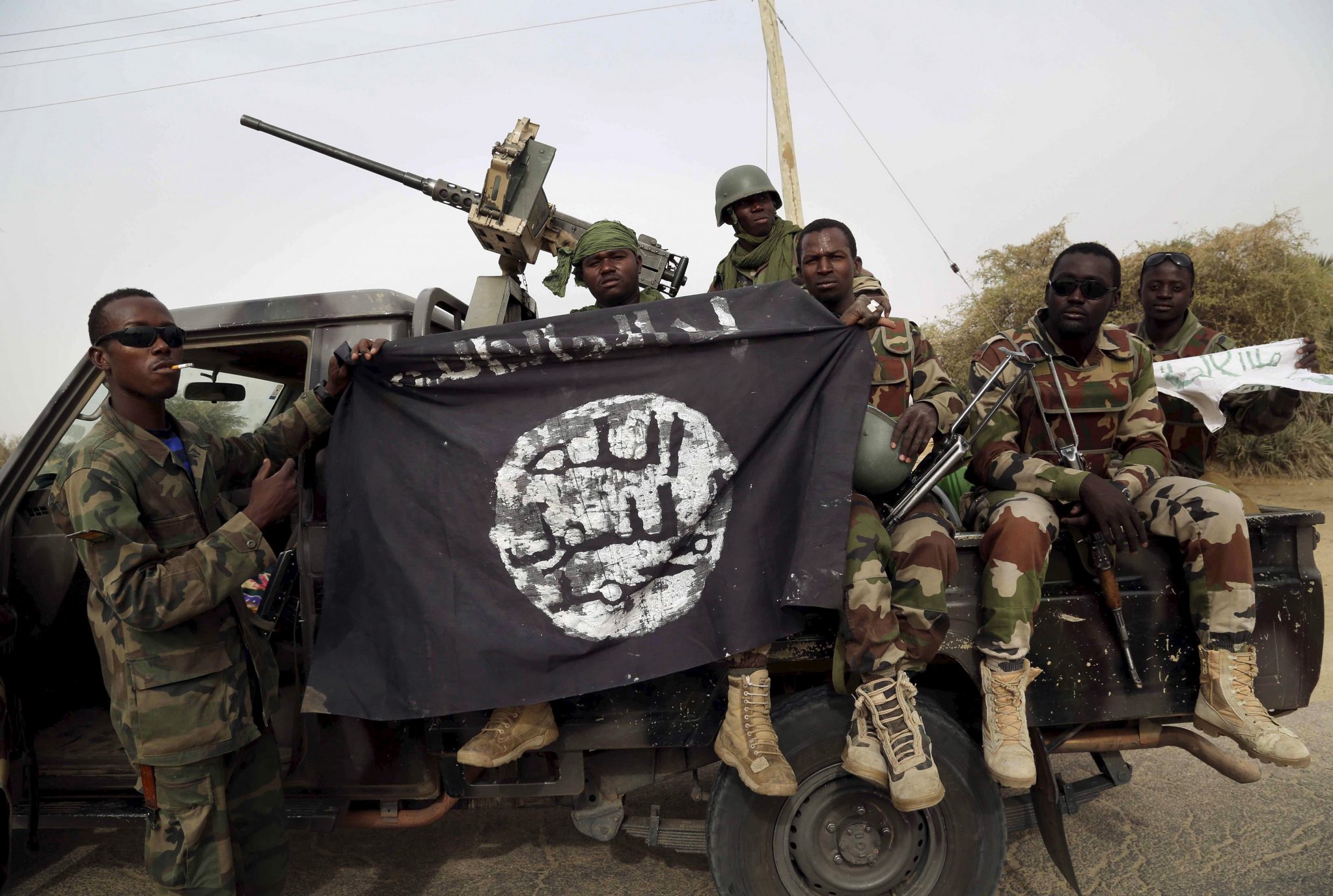
Therefore, although the terror plight in Africa has been ignored by the international community, terrorism in Africa has been a growing issue for the African continent to combat. The causes of terrorism in Africa are to do more with local issues such as poverty and marginalisation rather than international issues and thus, can only be resolved if local issues are fixed and acted upon. And the way to go forth with regards to this is not to follow the footsteps of the countries that have created more carnage due to the foreign intervention but rather for African governments to make up programs which are inclusive to those feeling marginalised as well as forming economic and social policies that benefit all the citizens equally.
References
BBC, 2016. Who are Nigeria’s Boko Haram Islamist group?. [Online]
Available at: http://www.bbc.com/news/world-africa-13809501
[Accessed 1 December 2016].
Bloodworth, J., 2014. Why does Isis hate us so much?. [Online]
Available at: http://www.independent.co.uk/voices/comment/why-does-isis-hate-us-so-much-9664506.html
[Accessed 30 November 2016].
Cotte, S., 2015. Pilgrims to the Islamic State. [Online]
Available at: http://www.theatlantic.com/international/archive/2015/07/isis-foreign-fighters-political-pilgrims/399209/
[Accessed 29 November 2016].
Kirk, A., 2016. Mapped: Which countries suffer the most from terrorism?. [Online]
Available at: http://www.telegraph.co.uk/news/2016/03/29/mapped-which-countries-suffer-the-most-from-terrorism/
[Accessed 30 November 2016].
Lyons-Padilla, S., 2015. Belonging nowhere: Marginalization & radicalization risk among Muslim Immigrants. [Online]
Available at: http://gelfand.umd.edu/papers/BSP_2_Lyons_2p%20(002).pdf
[Accessed 1 December 2016].
Powell, A., 2015. Analysis: What Drives Terrorism in Africa?. [Online]
Available at: http://www.voanews.com/a/analysis-what-drives-terrorism-in-africa/3010070.html
[Accessed 1 December 2016].
Rosenzweig, M., n.d. African Terrorist Groups. [Online]
Available at: http://abcnews.go.com/Blotter/fullpage/african-terrorist-groups-infographic-23610960
[Accessed 1 December 2016].
